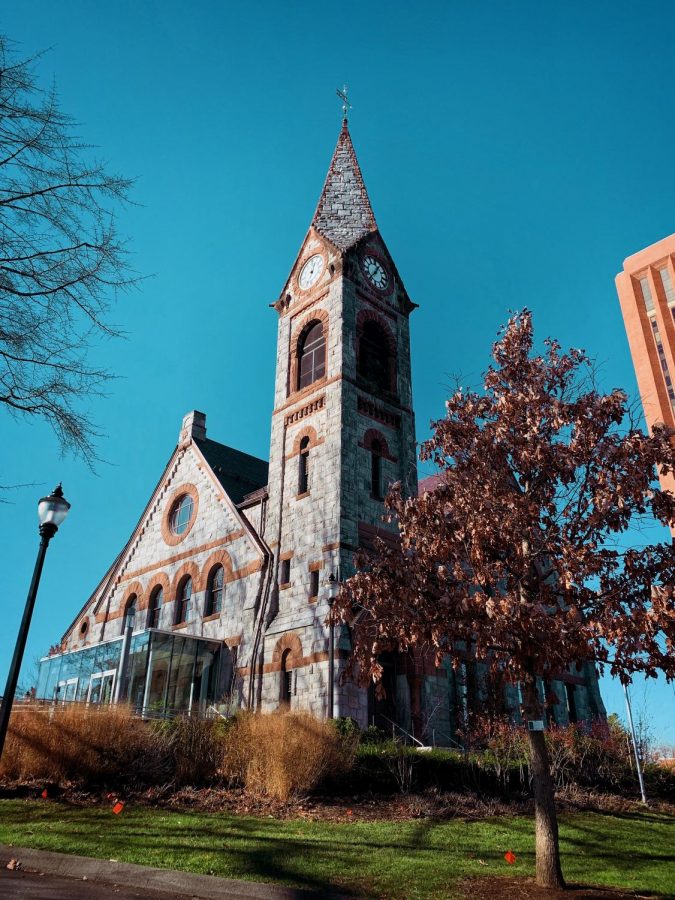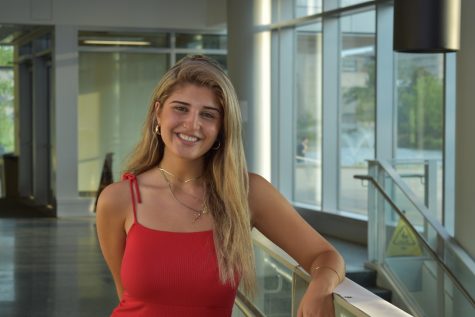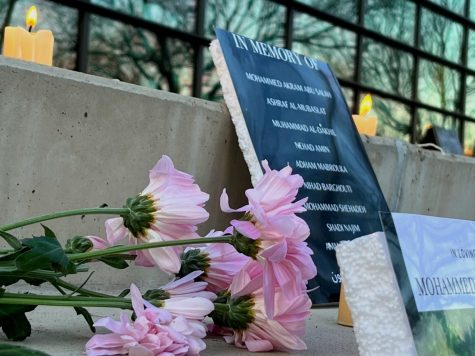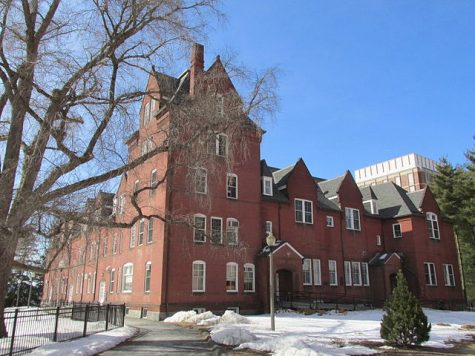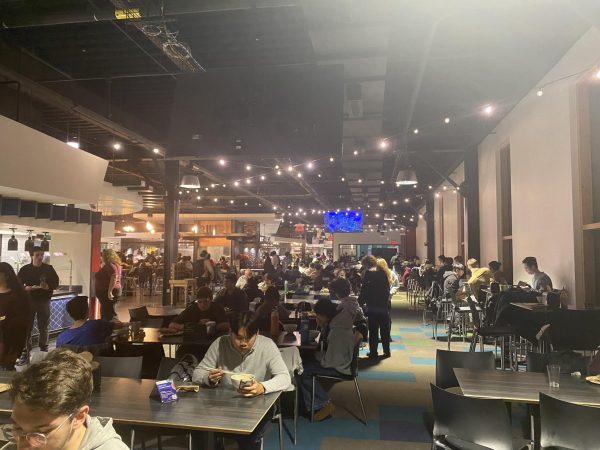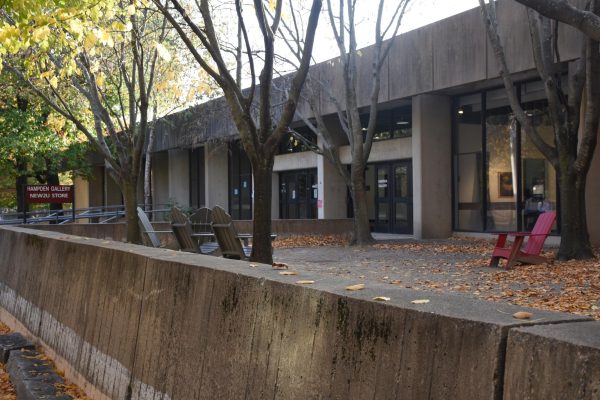Critical issues for the 2020 election cycle: U.S. immigration policy
The panel brought together three distinct views on immigration and how it’s changed in the past decade.
UMass Amherst’s College of Social and Behavioral Sciences held a panel of three distinguished immigration scholars as part of its Social Science Matters series. The event was co-sponsored by the Center for Teaching and Learning. UMass political science professor Scott Blinder moderated the event.
The event was held at the Old Chapel on Tuesday, Nov. 19 from 12:00 to 1:30 p.m. The panel included David Hernández from Mount Holyoke College, Deborah Schildkraut from Tufts University and Abigail Williamson from Trinity College.
“An incredibly timely topic that a lot of us are are concerned about right now,” Blinder said.
Hernández is an associate professor of Latino studies at Mount Holyoke and focuses his research on immigration enforcement, specifically the U.S. detention regimes. Hernández has received research fellowships from the National Science Foundation, Ford Foundation, the Social Science Research Council and the Center for Latino Latino Initiatives at the Smithsonian Institution.
Schildkraut is a leading expert on public opinion and immigration and American national identity. Schildkraut is the coauthor of “Americanism in the 21st Century Public Opinion in the Age of Immigration,” which won the Robert Lane award for best book published in political psychology from the American Political Science Association’s Organized Section.
Williamson works on immigration and health policy, and urban politics & political behavior. In 2018 she published her book “Welcoming New Americans, Local Governments and Immigrant Incorporation.” Williamson is currently working on “Americans Conceptions of Health Equity,” a project that examines how people form and change their understandings of whose health deserves society’s and investment.
Blinder’s first question for the panel was what has changed or remained the same in the last three years of the Trump presidency.
“What’s new? The wall,” Hernández said. “We have intense immigration force, an intense deportation and detention regime that was set up by the previous president, which was also set up by that previous presidents on. So, in many ways, that is very similar.”
Hernández added that President Trump has brought on a “complete assault on asylum” by raising fees and attempting to create safe third countries in unsafe nations.
“I think the real big difference is the overtly nativist rhetoric coming from the White House, where you have in general, even under Obama, where you had the deporter in chief, formally deporting more people than any [president] prior,” Hernández explained. “[Obama] created all these small tactical avenues for relief for the kinds of immigrants that you liked, the felons and our families sort of approach where Donald Trump is, just go after everybody.”
Schildkraut pointed to a phenomenon called the “thermostat idea” to help the audience understand her research. “If you imagine the public’s mood being like the thermostat, where instead of hot and cold, it’s liberal and conservative,” Schildkraut clarified. “We’re seeing more supportive attitudes toward immigration, some of the most supportive we’ve ever seen. It’s being interpreted as this correction to the Trump era in public opinion. So that fits with something that we’ve seen before.”
Schildkraut added that the ability to poll a wider audience has strengthened her research. “We’ve gotten a lot better in the past 10 years or so about surveying populations that are not white English speaking populations,” Schildkraut told the audience. “We have a lot more information than we used to have about how people from a variety of backgrounds feel about immigration.”
Williamson studies how local government response to immigrants shapes social and political incorporation. “David mentioned Obama being the deporter in chief. So certainly that is something that is a bit of a continuity. But later in his presidency, he really did attempt to ramp back and prioritize felons [instead of] families,” Williamson pointed out. “One of the things that [Obama] did was move from Secure Communities to the priority enforcement program. And what that meant was that when the local jails book detainees, when they need to access FBI databases. When they do that, the FBI shares that information with ICE.”
Because President Trump reinstated Secure Communities and the 287-G program, state and local county officials were forced to serve as immigration agents. President Trump also made an attempt to revoke funding from sanctuary cities.
“Something that’s very important in my work is previously, there were sort of guardrails when local officials in town and county officials decided to do things that had implications for the civil rights of immigrants,” Williamson said. “And the Trump administration, particularly under Attorney General Jeff Sessions, was really tamp down on that civil rights enforcement. And so that has lessened those guardrails.”

